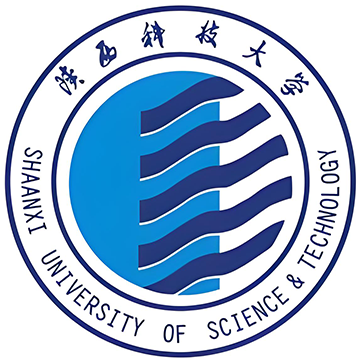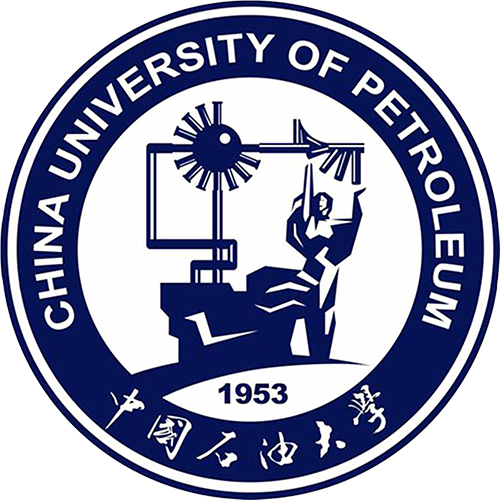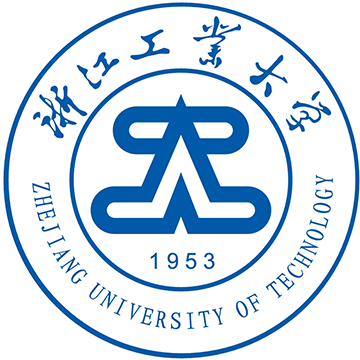
 Introduction
IntroductionShaanxi University of Science and Technology (SUST) is a key public multidisciplinary university in China. The university was founded in 1958 and has been devoting to excellence in teaching, learning, research on science, engineering and innovation with a strong partnership with industry. SUST cultivates students in all aspects to meet the requirements of today’s well-developed economic society based on its rigorous scientific research and strong engineering practice.
SUST consists of 16 colleges providing 70 bachelor’s degree programmes, 22 master’s degree programmes, and 11 doctoral degree programmes with an enrollment of over 19,000 undergraduates and 5,000 graduates.
 About the Program
About the ProgramElectrical engineering is a comprehensive engineering discipline that studies the generation, transmission, distribution, conversion, control, and application of electrical energy. It is a core supporting discipline for modern industry, information technology, and social operation. From household electricity to power grids, from new energy vehicles to aerospace equipment, its applications permeate every aspect of social life. The following provides a detailed introduction from multiple dimensions:
1. Professional Core Positioning
With "efficient utilization and intelligent control of electrical energy" as the core, it focuses on key areas such as power systems, electrical machinery and appliances, power electronics, and automatic control, researching how to safely, stably, and efficiently achieve the production (such as power stations), transmission (such as high-voltage transmission lines), distribution (such as substations), and application (such as various electrical equipment) of electrical energy. It also covers the design, manufacturing, and intelligent upgrading of electrical equipment.
2. Training Objectives
To cultivate comprehensive engineering technical talents with a solid theoretical foundation in electrical engineering, design capabilities for electrical systems, and innovative thinking, who can engage in scientific research, technology development, engineering design, and operation management in fields such as power systems, electrical equipment manufacturing, new energy, and automatic control. Specific requirements include:
Master the core principles of circuit theory, electromagnetic fields, and power system analysis;
Have the ability to design and debug motors, transformers, transmission lines, and electrical control equipment;
Be familiar with cutting-edge technologies in power electronics (such as inverters, frequency converters), smart grids, and grid integration of new energy sources (such as photovoltaic and wind power);
Be able to solve practical problems using simulation software (such as MATLAB/Simulink, PSCAD) and experimental methods;
Adapt to the trends of energy transition and intelligence, and promote the development of electrical engineering towards low-carbon, digital, and networked directions.
 About Shaanxi University of Science and Technology
About Shaanxi University of Science and TechnologyShaanxi University of Science and Technology (SUST) is a key public multidisciplinary university in China. The university was founded in 1958 and has been devoting to excellence in teaching, learning, research on science, engineering and innovation with a strong partnership with industry. SUST cultivates students in all aspects to meet the requirements of today’s well-developed economic society based on its rigorous scientific research and strong engineering practice. SUST consists of 16 colleges providing 63 bachelor’s degree programmes, 107 master’s degree programmes, and 24 doctoral degree programmes with an enrollment of over 18,000 undergraduates and 3,700 graduates.
 Accommodation
Accommodation| Room Type | Master students | Doctor students | Language students | Management cost |
Twin Room | Free | Free | RMB 9,000/year | 500/year |
 Fees
Fees Admissions Process
Admissions Process  Entry Requirements
Entry RequirementsNon-Chinese citizens who are in good health and have excellent academic performance. For those who were originally Chinese citizens but later acquired foreign citizenship, our school follows the "Notice of the Ministry of Education on Regulating the Work of Accepting International Students by Higher Education Institutions" at http://www.gov.cn/zhengce/zhengceku/2020-06/10/content_5518369.htm.
Those applying for long-term language training without a degree must have a high school diploma or above, and their age should generally not exceed 25 years old.
Those pursuing a master's degree must have a bachelor's degree or above, and their age should generally not exceed 30 years old.
Those pursuing a doctoral degree must have a master's degree or above, and their age should generally not exceed 35 years old.
Those applying for courses taught entirely in English must have an English proficiency score of 6.0 or above on the IELTS or 80 or above on the TOEFL.
Those with a bachelor's degree from a Chinese university must have a Chinese proficiency level of HSK 4 and a score of 200 or above.
 Application Materials
Application Materials1. Fill in personal information and upload attachments required by specific programme on the website https://sust.at0086.cn/student
2.Copy of original passport photopage and previous Chinese Visa pages.
3.Notarized highest diploma and thenotarized Chinese/English translation (Prospective diploma recipients must submit official document issued by your current school to prove your current student status or expected graduation date).
4.Original academic transcripts and the notarized Chinese/English translation.
5.Non-criminal Record and the notarized Chinese translation.
6.Foreigner Physical Examination Form (in English and valid within 6 months)
7.The copy of valid HSK or IELTS/TOEFL Certificate.
8.Resumein Chinese or English.
9.A Study Plan in Chinese or English.
10.Two recommendation letters in Chinese or English by associate professors or scholars with the same titles and above for Master and Doctoral program.
11.Related research Proposals, papers, portfolios and awards.
12.Self-introduction short video
 Reviews
Reviews Scholarship
ScholarshipSanqin Scholarship: Master's degree 20,000 RMB per year; PhD: 25,000 RMB per year

China University of Petroleum (Huadong)
Tuition
Start Date

Zhejiang University of Technology
Tuition
Start Date